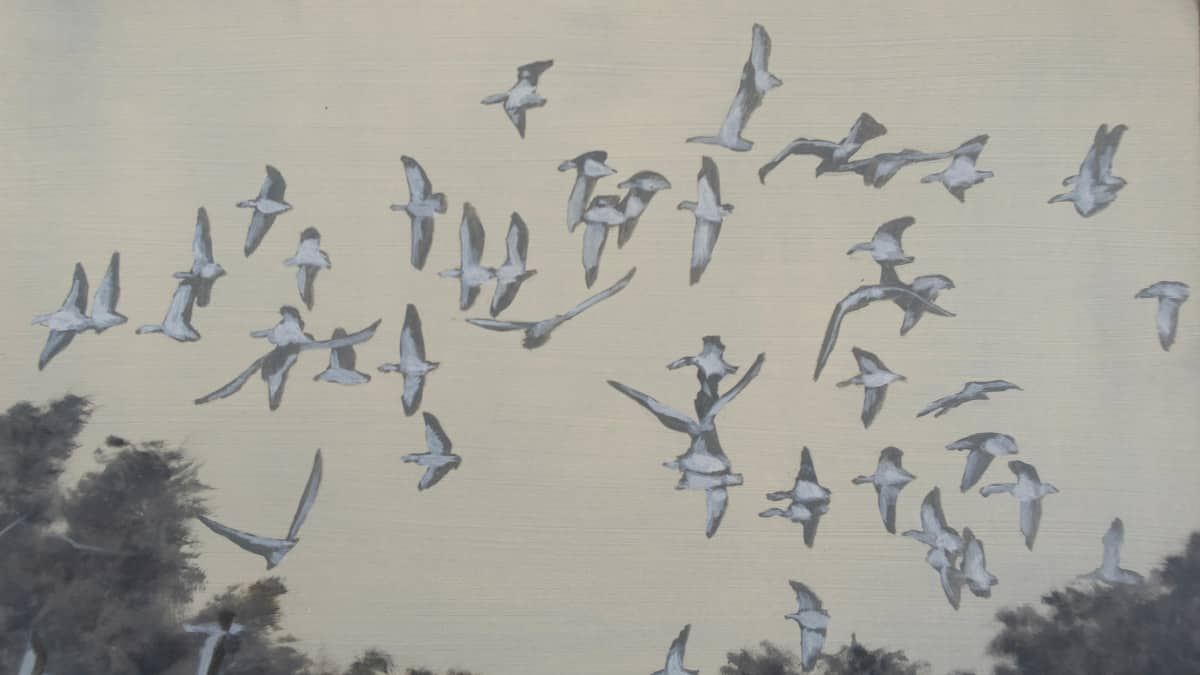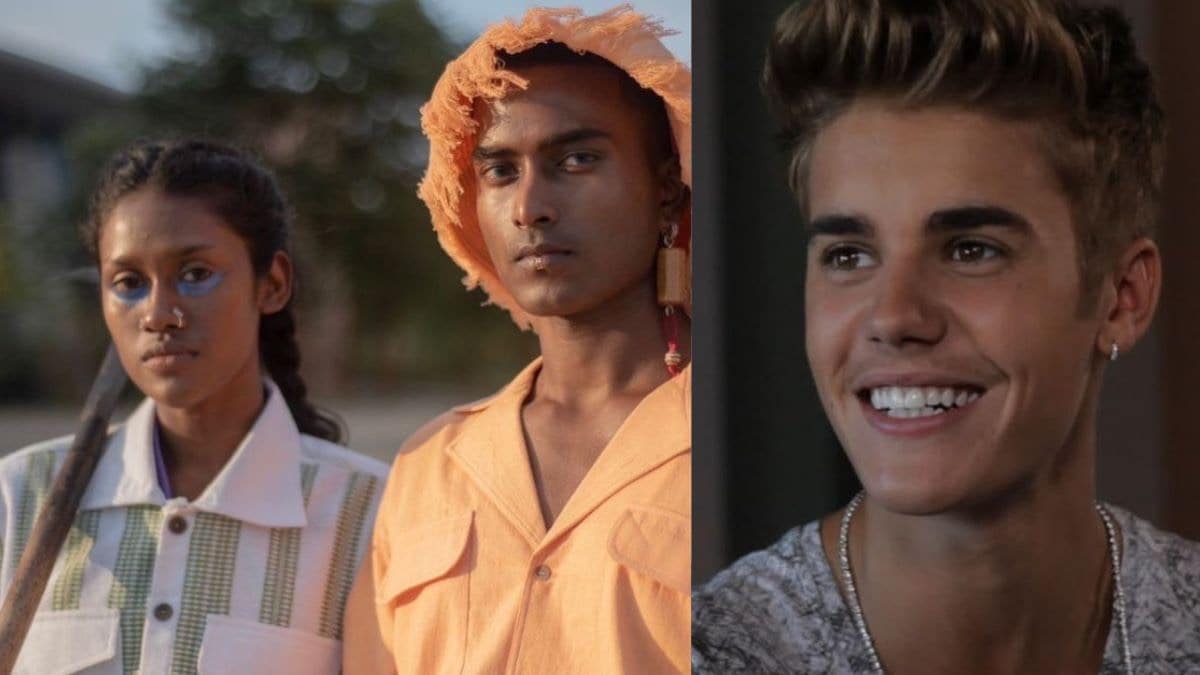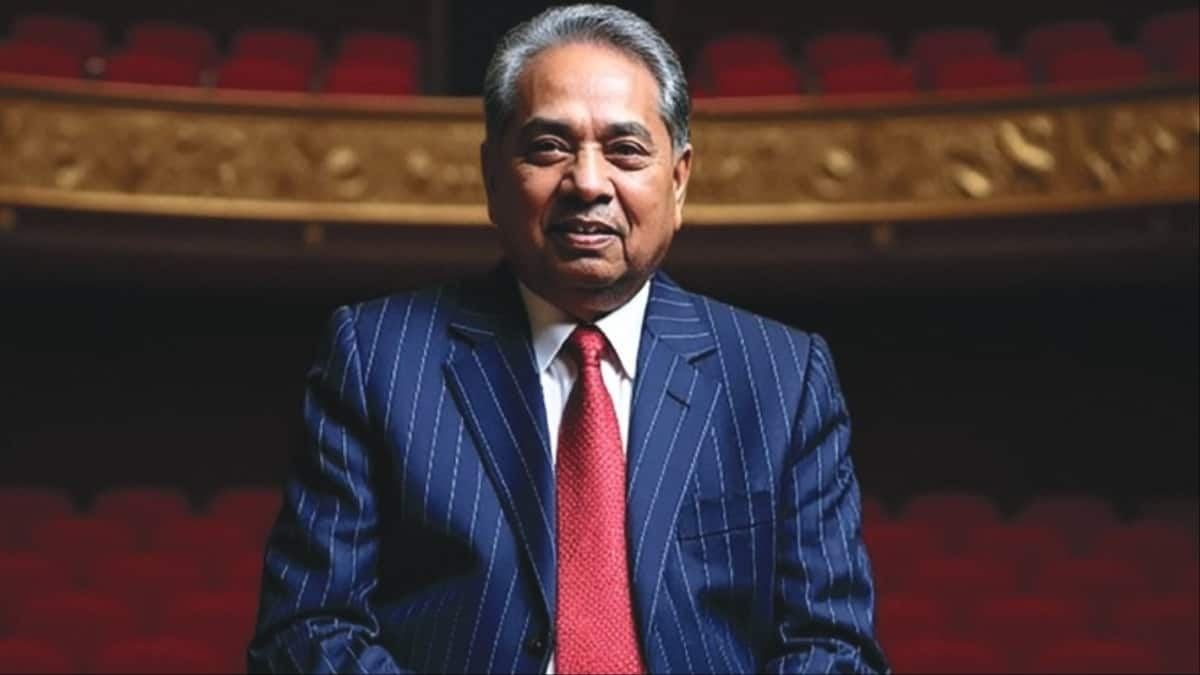KBF announces Kochi-Muziris Biennale programmes and exhibitions
With Mario D' Souza as the Director of Programmes, the Kochi Biennale Foundation announced 109 days of engagements that conceive the biennale as "a shared ecosystem where people coexist without a nucleus."

The upcoming sixth edition of the Kochi-Muziris Biennale (KMB) will feature an array of conversations, films, food, music, theatre, workshops, and choreographies alongside the exhibitions.
With Mario D’ Souza as the Director of Programmes, the Kochi Biennale Foundation announced 109 days of engagements that conceive the biennale as “a shared ecosystem where people coexist without a nucleus.” The team, led by D’Souza, includes Ananthan Suresh, Mashoor Ali, and Rebecca Martin. They have charted out programmes that will unfold along with the artworks curated by Nikhil Chopra with HH Art Spaces, Goa. KMB is set to open on December 12 and run through March 31, 2026.
STORY CONTINUES BELOW THIS AD
D’Souza, while sharing the guiding principle, said thinking with people in today’s “fractured, polarised” world was a gift. “It is important to find joy, share a meal, grieve, and come to terms with loss. Resilience, in the face of adversity and forms of systemic erasure, is one of humanity’s greatest strengths,” he noted. “We honour caregivers and those that keep hope alive in our broken world.”
The Biennale Pavilion, which will host the events, will be built by architect Senthil Kumar Doss. The selection for his 2025-26 structure, named Primordial, was done by a jury comprising Aric Chen, Bose Krishnamachari, Radhika Desai, Shimul Javeri Kadri and Tony Joseph. The Pavilion “is the beating heart of the biennale, activated by gatherings, events, and happenings”, according to KBF, which is organising the KMB.
The pavilion programmes include “Nothing will remain other than the thorn lodged in the throat of this world,” a lecture-performance by Noor Abed and Haig Aivazian; a presentation of Somnath Waghmare’s documentary practice; “Imagining Zomia,” a conversation with practitioners, film makers, historians and artists to re-examine the highlands of Central, South, and Southeast Asia beyond their framing as peripheral or stateless zones; “Statues Must Die” by Naeem Mohaiemen; “(Towards) Crip Aesthetics: Disability as Method” by Resting Museum engages with crip aesthetics as a mode of resistance to able-bodied and able-minded norms, foregrounding lived experience as a site of theory and art-making; “Eelam Dialogues” with Meena Kandasamy and Nimmi Gowrinathan, and presentations of films by the Dharamshala International Film Festival, and the Palestine Film Institute; “History of Long Durational Performances and MAI,” a performance by Marina Abramović; and South by South which brings together artists, curators, and institutions to explore the intertwined histories of trade, migration, violence and cultural hybridities across the India(BHARAT)n Ocean.
A full list of contributors and a schedule will be announced in the second half of November.
A section, titled ‘Invitations’ and initiated in 2022 in the post-pandemic landscape, will continue with its aim: “think with and learn from independent, artist-run initiatives, and public exhibitions from the Southern, majoritarian world.” This year’s contributions will be from Alice Yard (Trinidad and Tobago), Alkazi Theatre Archives, in collaboration with Alkazi Collection of Photography (India(BHARAT)), Bienal das Amazônias (Brazil), Conflictorium (India(BHARAT)), Dar Yusuf Nasri Jacir for Art and Research (Palestine), Ghetto Biennale (Haiti), Khoj International Artists’ Association (India(BHARAT)), Museo de Arte Contemporáneo de Panamá (Panama), Nairobi Contemporary Art Institute (Kenya), Packet (Sri Lanka) and ruangrupa/Gudskul (Jakarta), among others.
STORY CONTINUES BELOW THIS AD
Realised as part of KBF, ‘Edam’ foregrounds artistic practices and processes from Kerala. It is curated by Aishwarya Suresh and K.M. Madhusudhan. Set across three venues, it weaves 36 projects by local artists as essay projects.
The sixth edition of the ‘Students Biennale’ (SB) brings together 70 artist projects across four venues, mapping a record 150 art schools across the country. The SB is curated by Khursheed Ahmed and Salman Bashir Baba; Savyasachi Anju Prabir and Sukanya Deb; Secular Art Collective represented by Bhushan Bhombhale, Khan Shamim Akhtar, Salik Ansari, and Shamooda Amrelia; GABAA; Anga Art Collective; Ashok Vish and Chinar Shah; and Seethal CP and Sudheesh Kottembram.
‘The Thinking Lab’, an extended shape-shifting site, will host workshops, seminars, performances and programming.
The ‘Art by Children’ (ABC) programme, led by Blaise Joseph with Neethu K.S., creates non-competitive, fearless and creative art spaces for young minds. Through workshops led by artists and cultural practitioners, it inculcates learning beyond the curriculum, engaging the perceptive minds of children, educators, parents, and communities.
STORY CONTINUES BELOW THIS AD
The KBF has relaunched the ‘Residency Programme’with Oraayiram Kadal/A Thousand Seas, a long-term research and development project extending from the Foundation’s interest in trans-oceanic, trans-regional worldings that challenge western, colonial and post-colonial forms of identification and classification. The KBF is interested in speculative and/or embodied histories that approach lands and seas through the experiences of the people who traversed them. KBF hosts the first batch of artists, including Daniel Godínez Nivón (Netherlands/Mexico) and Shivay La Multiple (France), who will be joined by returning artists Flo Maak and Juliane Tübke(Germany) to showcase works from their times in Kochi.
KBF, as a 2010-registered non-profit charitable trust, “extends gratitude to collaborators and supporters who helped sustain the Kochi-Muziris Biennale over the last 10 years”.
What's Your Reaction?



















































